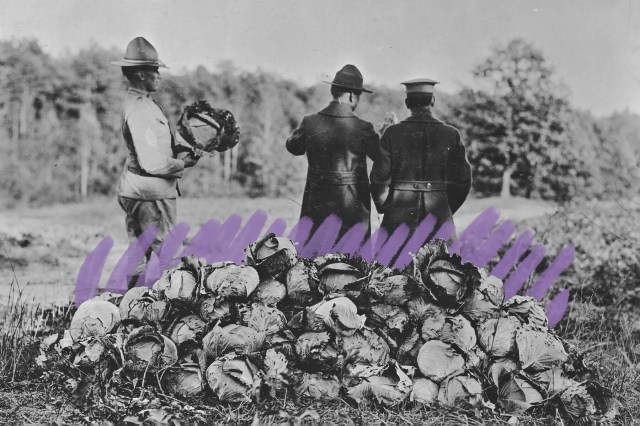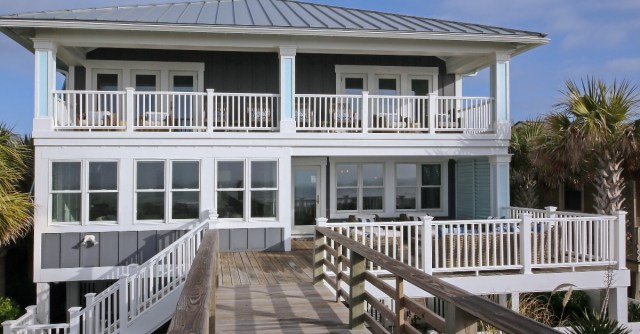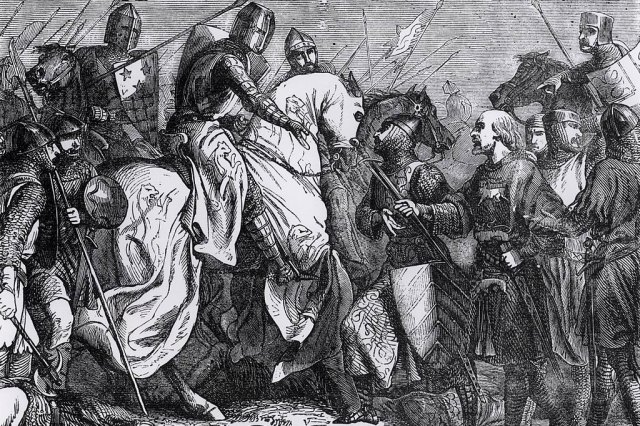Have you ever had "liberty cabbage"?
Tuesday, July 9, 2024
Americans have a long tradition of rebranding any foods that bear the name of a rival nation during times of conflict. |
| |
| |
|
 |
|
| A mericans have a long tradition of rebranding any foods that bear the name of a rival nation during times of conflict. When France refused to support the United States' war in Iraq in 2003, for example, the cafeteria menus in three congressional office buildings in Washington, D.C., changed the name of French fries — which, by some accounts, were actually invented in Belgium — to "freedom fries," and French toast became "freedom toast." |
|
|
| The U.S. pulled a similar move while at war with Germany during World War I: Sauerkraut's German origins led Americans to rename the condiment "liberty cabbage." Other foods that we think of as classically American yet bear the names of German cities were also affected. The word "hamburger" comes from Hamburg, Germany, so during the Great War it was rechristened "liberty steak." The seemingly all-American hot dog, meanwhile, was called a "frankfurter" at the time, and as the connection to Frankfurt, Germany, couldn't stand, it was rebranded "liberty sausage." (The term "hot dog" is also sneakily of German origin, as it comes from "dachshunds," aka "little dogs.") And speaking of dogs, in 1917, the American Kennel Club changed the official name of German shepherds to "shepherd dog," and in England the breed was renamed "Alsatian." |
|
 |  |
|
|
 |
|
| |
|
| Pounds of sauerkraut consumed by Americans each year | | | 387 million |
| | | Sauerkraut's drop in sales before its name change during WWI | | | 75% |
| | | Sauerkraut's drop in sales before its name change during WWI | | | 75% |
|
|
|
| Years ago that sauerkraut was invented — by the Chinese | | | 2,000 |
| | | When sauerkraut was introduced to Germany | | | 17th century |
| | | When sauerkraut was introduced to Germany | | | 17th century |
|
|
|
 |
|
 | | Did you know? |
|
|
Anti-German sentiment in WWI also caused several towns to change their names. |
|
| The anti-German sentiment of World War I went beyond food names; it led to paranoia and xenophobia that had a serious impact on German Americans at the time. In 1918, South Dakota banned speaking German on the phone, as well as in groups of three or more people. By the early 1920s, 34 states had passed English-only requirements in schools. Meanwhile, many small towns across the U.S. permanently changed their names as a result of the war. Garland, Nebraska, was known as Germantown until World War I, when the town decided to rename itself after a local soldier. Berlin, Iowa, became Lincoln in 1918. And East Germantown, Indiana, changed to Pershing in honor of General John J. Pershing, though some residents continue to use the original name. |
|


posted by June Lesley at 4:02 AM











![]()
![]()







0 Comments:
Post a Comment
<< Home